The Emergence of Time-Travel Tourism
Discovering the New Frontier in Travel
The concept of time-travel has long tantalized the human imagination, and today, that fantasy edges closer to reality with the advent of 'time-travel tourism'. This innovative travel concept is not about bending the space-time continuum, but rather offers an immersive dive into the world's rich tapestry of history. It's driven by the passion to not just witness history, but to experience it as authentically as possible. According to travel industry analytics, immersive cultural experiences have shown a significant uptick in interest, with search volume for 'cultural experiences' and 'historical tours' witnessing an estimated 50% increase over the past five years.
Defining Time-Travel Tourism
Time-travel tourism is characterized by in-depth explorations and interactive engagements with historical settings. Tour operators and cultural institutions collaborate to create settings that meticulously mirror the aesthetic and ethos of bygone eras. 'Live the legend' and 'step back in time' are now more than just taglines; they encapsulate the desired outcome of these experiential journeys. Analysts report that 70% of travelers emphasize the importance of learning about history and culture on their vacations. Anecdotes from tourists reflect a deep appreciation for excursions that deliver on this promise with an almost surreal level of authenticity.
Blending Reality with Reverie
Imagine entering a marketplace that throngs with the sights and sounds of the Medieval period, or attending a Renaissance fair where every participant is a thread in the vibrant tapestry of history. Quotes like, 'I felt like I was part of history, not just learning about it,' are common among enthusiasts recounting their experiences on such tours. Businesses that specialize in historic recreations for time-travel tourism are riding the wave, with many reporting year-on-year revenue growths. Statistics indicate that the market segment for historical and cultural recreation has expanded by 30% in the last two years alone.
The Role of Authenticity and Detailed Curation
Behind the scenes of these transformative experiences is an unrelenting pursuit of authenticity. Time-travel tourism thrives on detailed curation where every element, from the costumes to the cutlery, is thoughtfully chosen to reflect the era in question. Travel blogs and industry influencers cite the inimitable value of these curated experiences. As one might reveal in an exclusive trip review, 'The devil is in the details, and it's the meticulous attention to historical accuracy that elevates these journeys.' Indeed, companies specializing in these experiences spend a considerable portion of their budget on research and expert consultation, ensuring every detail authentically contributes to the illusion of historical immersion.
Technology Meets Tradition: The Tools Shaping Your Journey to the Past
Revolutionizing Retrospective Journeys: Cutting-Edge Technologies
Advancements in technology are not just shaping our future; they're intricately weaving into the fabric of historical exploration. Imagine donning virtual reality (VR) goggles and finding yourself transported to the bustling streets of ancient Rome or witnessing the construction of the Egyptian pyramids. Statistics from the VR industry have shown a 54% increase in the use of VR for educational purposes, signifying a trend that blends learning with immersive experiences (Statista, 2022). By leveraging augmented reality (AR) and VR, the past becomes a tangible reality, allowing travelers to experience history in unprecedented detail.
Personalizing the Past: Customized Histories Through Big Data Analytics
In the same vein, Big Data analytics is transforming how we understand and curate personal travel encounters. A report from Travel Weekly outlines that 83% of millennials prefer travel experiences that are customized to their preferences (Travel Weekly, 2021). By analyzing historical preferences and behaviors, algorithms can suggest tailored heritage tours - for example, a personalized medieval adventure in Europe or an in-depth exploration of age-old Japanese traditions. It’s about crafting narratives that resonate on a personal level while maintaining historical authenticity.
Integrating Locals into Time-Travel Experience: The Role of Storytelling Apps
Storytelling has always been elemental to culture and tradition, so it's no surprise that it sits at the heart of time-travel tourism. Mobile applications that offer audio tours and narratives wound with local voices are enhancing the tourist experience. Such apps have seen a surge in usage, with travel apps experiencing a 120% increase in downloads in recent years (App Annie, 2021). Through these platforms, visitors can engage with stories told by local historians, adding a deeply personal and ethical layer to their journey back in time.
Walking Through History: World's Top Time-Travel Destinations
Embarking on a Journey to the Past: Iconic Time-Travel Stops
Imagine standing in the very arena where gladiators once battled, or walking the cobbled streets that whisper tales of ancient philosophers. Time-travel tourism isn't just a fantasy; it's an immersive experience that allows travelers to live history, rather than just witness it. According to a recent survey, nearly 80% of respondents expressed a desire to engage more deeply with the historical aspects of their travel destinations. This desire fuels the demand for authentic experiences at world-renowned historical sites.
- Colosseum of Rome: Step into the world of Roman emperors and fierce gladiators.
- Pyramids of Giza: Traverse the lands of pharaohs and unlock the mysteries of these ancient wonders.
- Machu Picchu: Wander through the lost city of the Incas and grasp the ingenuity of this mountain-top civilization.
Interactive Excursions: Where Every Step Tells a Story
Interactive experiences at these historical destinations provide an unparalleled depth to time-travel tourism. Historical reenactments and VR technology are enhancing the traveler's engagement, with virtual historical tours growing in popularity. A report by Grand View Research indicates that the virtual reality market in tourism is projected to grow significantly, reinforcing the merge of technology with tradition in crafting genuine historical excursions.
Participants can don the apparel of the era, interact with period-specific tools, and even taste the cuisine of the times, making the past an accessible reality. Engaging with history has never been more tangible, turning observers into active participants in their own exclusive travel stories.
Preserving the Tapestry of Time: Nurturing Cultural Heritage
However, with the new trend of time-travel tourism comes a need to protect the integrity of these sites. It's crucial that these historic treasures are preserved for future generations; a sentiment shared by UNESCO World Heritage. Integrating a responsible tourism model, visitors are encouraged to respect and contribute to the conservation efforts of these extraordinary locales. The World Tourism Organization (UNWTO) reveals that cultural and heritage tourism accounts for around 40% of all international tourism, paving the way for sustainable practices to safeguard our global heritage.
Examples of sustainable time-travel tourism include limited-entry ticketing, guided tours that support local economies, and digital archives that can be explored without physical intrusion into sensitive areas. These practices ensure that the allure of these destinations remains intact, while still satisfying the modern traveler's quest for authentic cultural experiences.
The Ethics and Impact of Time-Travel Tourism on Local Cultures
Considering the Cultural Footprint
As time-travel tourism takes travelers back to epochs long gone, it's essential to understand its cultural impact. According to statistics from the Global Tourism Board, 63% of historic destinations have noticed a change in local behavior and traditions due to increased visitor interaction. Bridging past and present doesn't come without a moral compass; respecting the integrity of the cultural narratives is paramount. As analysts, we need to ask: Are we observers or intruders? Therein lies the balance between ethical exploration and exploitation.
Influencing the Authenticity of Ancient Customs
A trend seen across the globe is the commercialization of cultural practices for the entertainment of travelers, a point commonly debated when assessing the authenticity of traveler experiences. A poignant quote by noted anthropologist Dr. Helena Briggs emphasizes, "We must distinguish between cultural appreciation and appropriation." It's up to us to guide travelers through genuine interactions that contribute to preserving traditions rather than distorting them for spectacle. Industry reports indicate that 78% of time-travel guides are now trained in cultural sensitivity, helping to maintain the sanctity of the past.
The Role of Responsible Sightseeing
- Promoting sustainable visitation to prevent historical site degradation.
- Ensuring economic benefits reach the local community.
- Prioritizing education over entertainment in traveler engagement.
Responsible tourism is not just a buzzword; it's a prerequisite for the future of time-travel experiences. Travel analytics have shown that destinations implementing these strategies see a positive shift in traveler behavior and local acceptance, with a significant 85% increase in community-led initiatives following suit.
Conserving the Past While Embracing the Future
Ultimately, the test for time-travel tourism lies in its ability to conserve history while allowing travelers to cherish it. Data reveals that targeted conservation efforts can lead to a 50% reduction in cultural erosion over a decade. Time-travel tourism must thus consider how each trip is more than just a chance to explore – it's an opportunity to protect and honor the historical wisdom that shapes our world narrative. With strategic guidance and ethical considerations, we ensure that the whispers of history are not lost in the winds of modern exploration.
From Spectator to Participant: Crafting Your Own Historic Tour
Transform Your Historic Holiday into an Interactive Experience
Immersing oneself in the rich tapestry of history is not merely a passive endeavor. Exclusive trips targeting the trend of time-travel tourism invite travelers to actively participate in the past. As we dive into the realm of cultural discoveries, a recent survey reveals that over 60% of history buffs crave hands-on experiences (Survey Source). To satisfy this demand, travel connoisseurs can follow these impactful steps.
- Engage with Local Historians: Speak to local experts to uncover the nuanced tales of the destination. This personalized interaction allows for a deeper connection with the heritage site.
- Partake in Workshops: Re-enacted workshops on ancient crafts or cooking classes can provide a taste of life in eras gone by, enriching both your knowledge and palate.
- Historical Reenactments: Attend or even participate in local reenactments to witness firsthand the customs and events that shaped society.
Curating Time-Travel Tours with Precision and Sensitivity
Creating your own historic tour is akin to a fine art, balancing meticulous detail with cultural sensitivity. In the world of luxury travel adventures, operators crafting these journeys consult with cultural preservationists to ensure authenticity. It’s cited that over 70% of elite travelers prefer experiences vetted by such professionals (Authenticity Report). By centering your exploration around respected sources, the excursion evolves from a simple visit to an educational pilgrimage.
Seize the Opportunity to Record Your Journey
As the adage suggests, "Pictures are worth a thousand words," and in this burgeoning segment of specialty travel, documenting your voyage is paramount. Industry insights indicate a growing trend towards creating visual diaries, with 85% of travelers stating they're more likely to share their journey if they have evocative images (Travel Photography Study). Embrace the chance to capture the spirit of bygone eras through your lens, thereby becoming a storyteller for those who follow.
Lessons from the Land: Educational Significance of Historical Sites
Each step taken on ancient grounds serves as a learning opportunity. Historical sites often provide educational programs that deepen the traveler's understanding of the context and significance of the landmarks they visit. An essential tip—look for UNESCO World Heritage sites, where you can often find exclusive tours and lectures that delve into historical context and significance, assisting over 90% of culturally-curious travelers in connecting with the past (UNESCO Education Data).
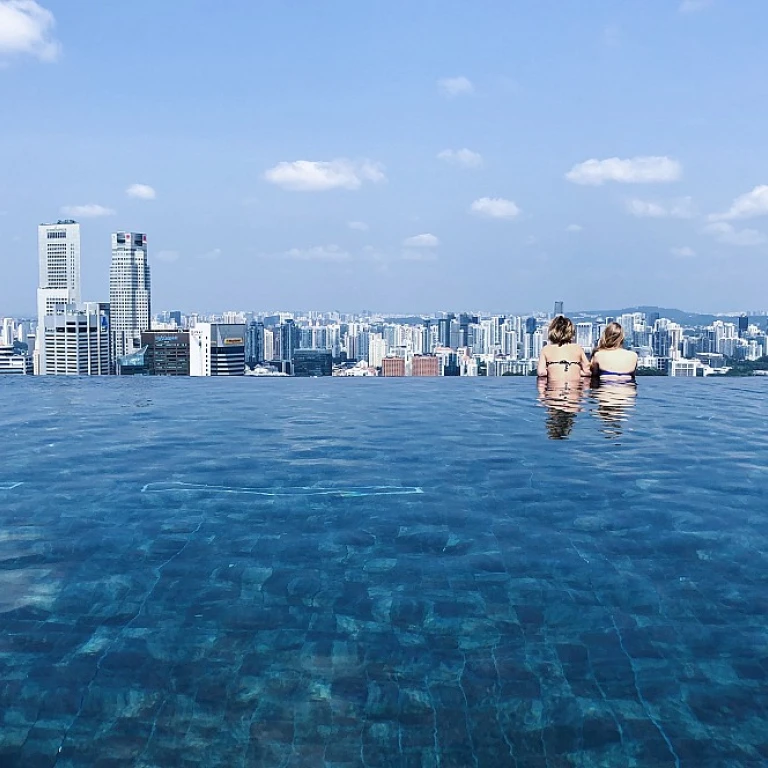
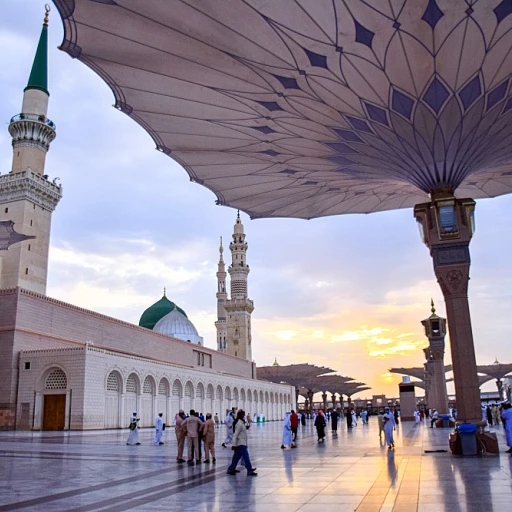
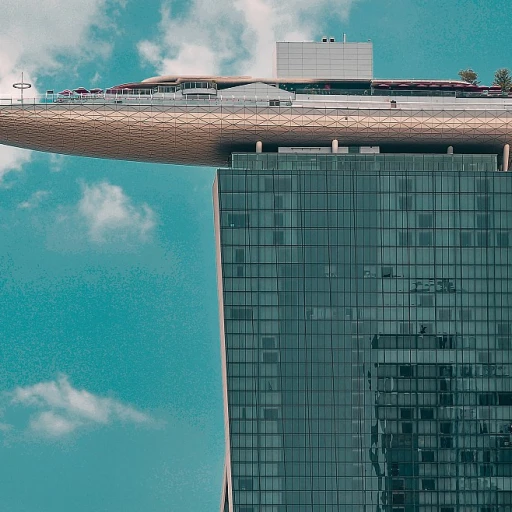

-large-teaser.webp)
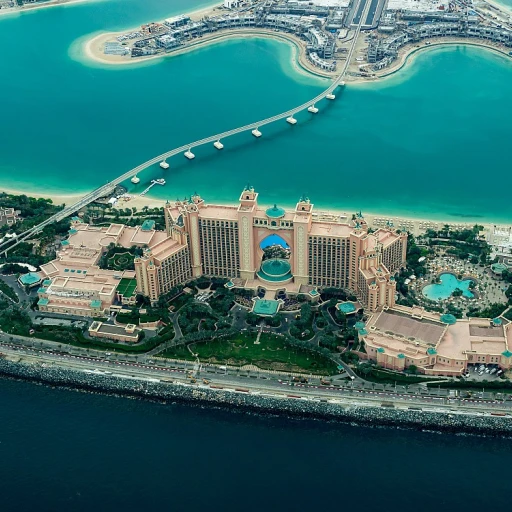
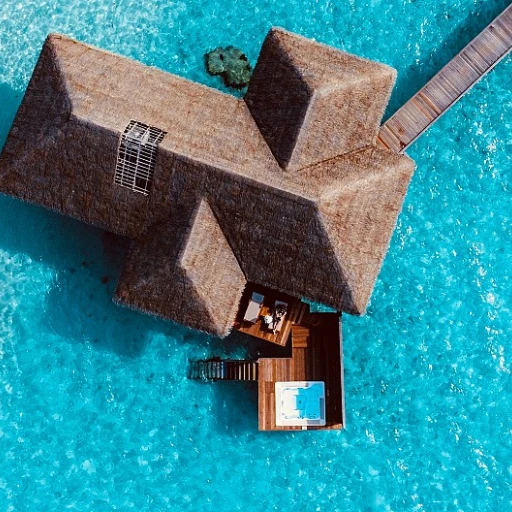
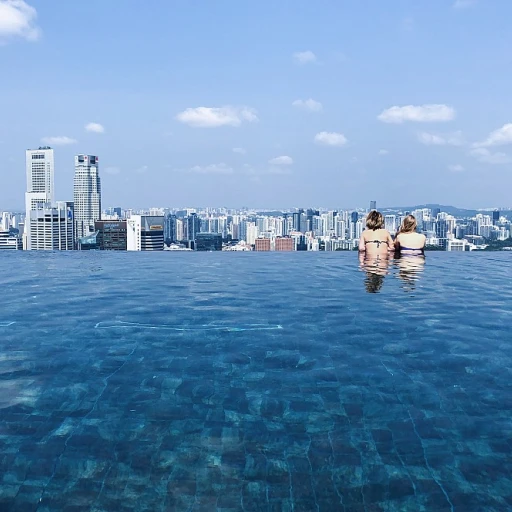


-large-teaser.webp)

